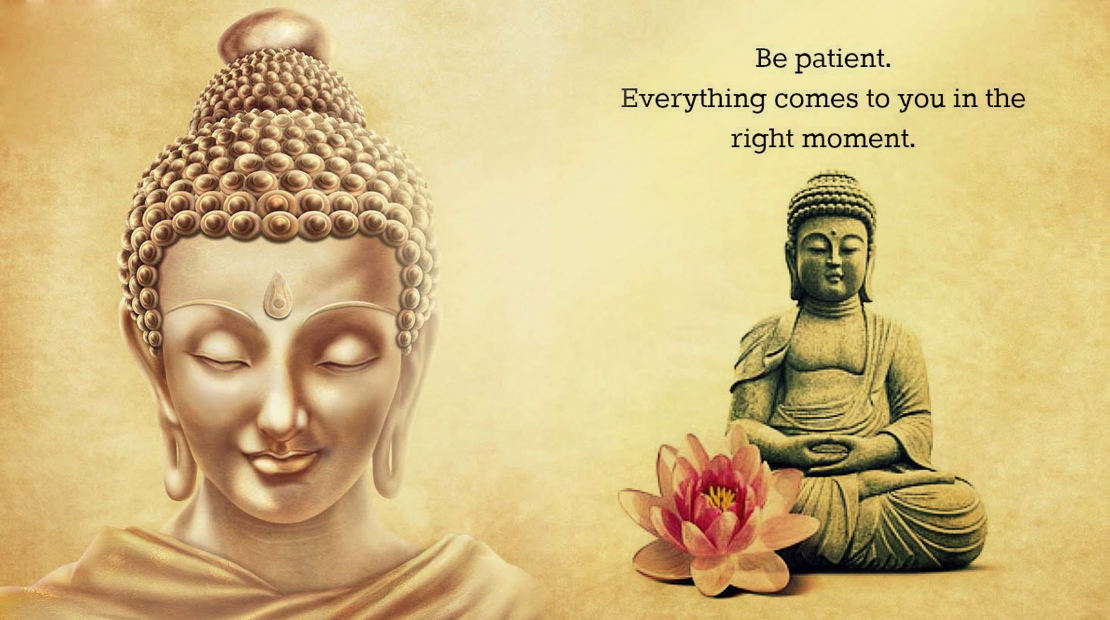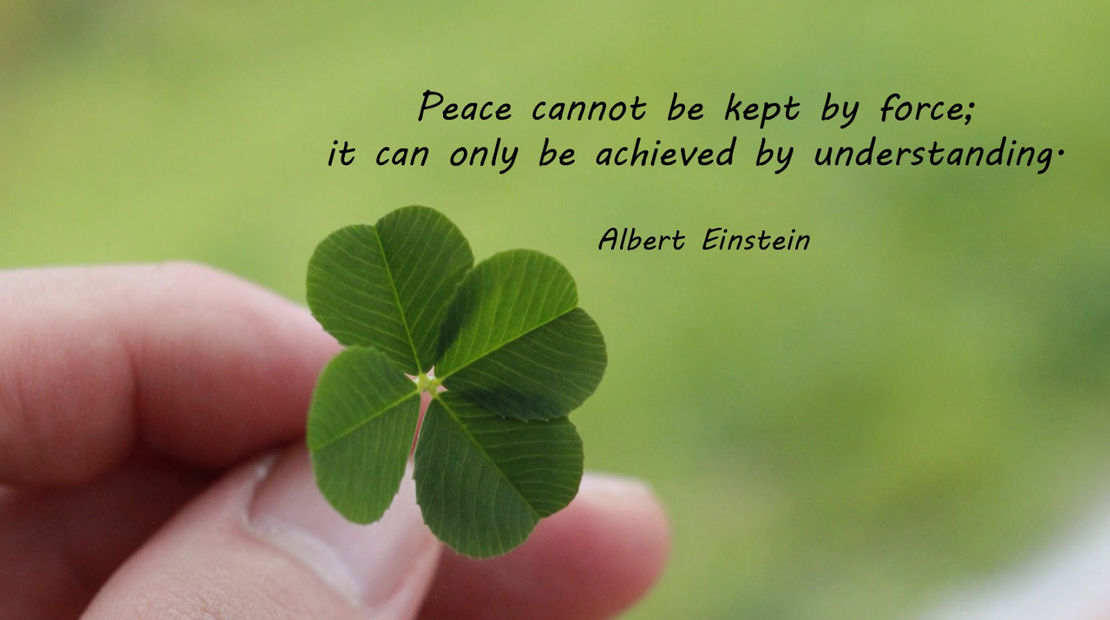SRI JOTHIRAM SPIRITUAL AND CHARITABLE TRUST is dedicated to the establishment of a new and better way of life for everyone in the world based on the fulfillment of the divine plan for humanity. Its educational activities promote recognition and practice of the spiritual principles and values upon which a stable and interdependent world society may be based. The esoteric philosophy of its founder, Alice Bailey, informs its activities which are offered freely throughout the world in eight language.
About Us
In classical Sanskrit shanti is the word closest in meaning to peace, usually denoting tranquility, calm, bliss, eternal rest, and happiness, but usually in connection to destruction or death. The term is often synonymous with sandi (association, combination) and the opposite of vigraha(separation, isolation, hostility). Peace here is contrary to the "absence of isolation" (vigrahabhava) or the "absence of strife or war" (yuddhabhava). From earliest Hindu thought it became the goal of the individual to escape from the necessity of being reborn, which was accomplished through deep meditation and the avoidance of bad karma, thus bringing ultimate peace. Another Indian concept, ahimsa, which is found first in the sacred Upanishads (c. eighth century B.C.E.), means nonviolence to animals and humans, and is based on the assumption that harm to living creatures produces bad karma by endangering or killing the soul of another. All life is one, and any animal could contain the soul of a relative who has been reincarnated, and so harming it is wrong. Mahatma Gandhi's (1869–1948) pacifism owed a great deal to this tradition of peace. By the time caste distinctions separated the ancient Indians, and led to warfare and strife, the famous meditation known as the Bhagavad Gita found in the epic classic Indian poem, the Mahabharat offered another means for achieving ultimate peace. Krishna tells the warrior Arjuna that in honoring the conditions of caste/race he brings honor to himself, and since souls return to new bodies after the old ones die, death does not matter. But one must reject all greed and anger, and therefore one can, even in the midst of battle, have peace within. Peace is ultimately an inner state that will beget positive ramifications as well for society as a whole.
The Arabic word salam, a cognate of the Hebrew shalom, means "making peace." For Muslims, one comes to a purest state of peace by submitting to the will of Allah (isalm), and anyone who has accomplished this is a muslim. Salam is even one of the ninety-nine names of Allah in the Islamic religion. In the Koran, anyone doing the will of God and giving all to exalt his sacred name, including the making of holy war (jihad), will receive the divine blessing of peace and eventually live with God in that perfect state. Peace also can become an earthly state, in that good Muslims desire temporal peace, not war, realizing that only through an Islamic polity, serving Allah faithfully, can people prosper and live in harmony with one another. Thus, in Islam, ultimate peace, both spiritual and temporal, harmonizes within a submission to the divine will.
In eastern intellectual traditions the spiritual and practical elements of peace have cohered much more intricately and consistently than they have in the west. The Chinese word for peace, heping, is comprised of two characters meaning harmony and level (or flat), which suggests equalizing and balancing. (This type of peace may be inherent in the famous Taoist cosmic principles of yin and yang, which when symmetrical restore order and oneness to the universe.) The Japanese cognate hewa means much the same.
Buddhist ideas of peace derived from these early Hindu notions that asserted self-denial was the key to contentment and ultimate peace with the universe of which we are all a part spiritually. Also centered in the idea of ahimsa, Buddhists have believed that true peace and happiness come from the eradication of all desire, including the desire for permanence that creates conflict and division. Through meditative practices, selfish desire can be gradually eliminated until absolute peace, in this case, nirvana, is reached when our state of being ends. Part of this process entails the gradual shutting down of all sensory awareness and feeling, in what is known as sannavedayitanirodha. Since one does not stay in this state of contemplation permanently, this does not provide a lasting peace. Buddha believed that peace (shanti), both internally and externally, can only be achieved truly when it becomes part of one's conception of the world and of those who live within it. Peace is conditional for Buddha as he taught that the insistence on any type of permanence led to inflexibility, and ultimately, to conflict. This recognition of "dependent arising" forms the path to enlightenment and brings freedom and peace within, but also peace without, since it allows for change and newness.
We have all heard the saying 'Patience is a virtue' but just what is patience and why is it considered a good thing to have. "The word patience is derived from Latin pati 'to suffer', and it describes the capacity to tolerate delay, trouble, or suffering without becoming angry or upset. It was associated, by the early Christians, with those who endured persecution and misfortune without complaint or loss of faith." (Oxford English Dictionary) Patience is valuable to those on a Spiritual path because it allows us to continue our spiritual efforts even though we may be seeing little or no progress. Without patience we may give up our practice, before the desired results appear. When we do not see results when we expect them, this can lead to loosing our enthusiasm for our practice or even to doubting its capacity to give the expected results. So patience gives us the strength to continue our spiritual efforts and to allow time for the beneficial results to appear in our being. Patience is also that quality which allows us to surpass the obstacles that we face on the spiritual path. In this aspect patience is closely connected with hope, with the belief that we will be able to overcome the obstacles that we are currently facing and that the future will bring us success. So patience first of all implies a trust in our own capacities and ultimately a trust in the will of God, knowing that everything happens in this universe according to the will of God. Knowing and accepting this is what prevents us from suffering and allows us to align our individual will with the universal will.
Being patient is very much about being in the present moment
We are impatient generally because we are thinking about the future, expecting something or wanting something to happen exactly in the way we would like it. Being patient actually means to be attentive to what is happening in the present moment, living it to the fullest and seeing the signs that may be right in front of us. In our modern society, patience is often seen as something passive and boring. A likely cause of this attitude is the importance placed on ambition, achievement and productivity. When things get in the way of this we become impatient. Yet patience is not boring and certainly not passive, it is an active quality which shows strength and a deeper understanding of reality. Like any virtue, patience must be practised to be improved. Any time we are able to remain calm and not get upset whenever we are forced to wait or to tolerate something we don't like, then we strengthen and amplify this quality of patience within our being. Bearing this in mind we can practice patience in many life situations, from trivial circumstances, such as waiting for the bus when its late or waiting in the checkout line at the supermarket, to more profound situations such as being patient with our loved ones or waiting to see the results from months or even years of spiritual practice. In each situation, we are provided with the opportunity to practice patience, until we reach the point of being able to cope with any situation, while being fully aware that we are getting exactly what we deserve and that in the bigger scheme of things everything is happening as it should.
Patience needs to be applied to the correct areas of our lives
We should also realise that patience needs to be applied to the correct areas of our lives. For example, patience should be applied to any action that will result in a positive transformation of our being, but it can also be applied in the areas of our own weaknesses. In this case, patience could become an excuse for passivity or inaction. A good way to increase our patience is to think carefully about what could possibly be achieved by being impatient. We will find that being impatient rarely, if ever, achieves anything and that it usually leads to agitation, frustration and eventually anger - which is one of the most destructive energies that we can allow to manifest through us. If we can truly realise this, then we will see that being impatient is a foolish, weak and destructive thing. So, from this perspective, patience is a sign of understanding, wisdom and strength. A good way to help us be patient with other people is to accept that they won't always do things exactly as we think they should be done and to remember that at a certain time we may need people to be patient with us, and so in this situation we receive what we give.
We can also find the importance of patience expressed in the world religions

In the Buddhist tradition, patience is one of the "perfections" that a bodhisattva trains in and practices to realize perfect enlightenment (bodhi). Named Kshanti in Sanskrit, it is the practice of exercising patience toward behaviour or situations that might not seem necessarily to deserve it — it is seen as a conscious choice to actively give patience as if it is a gift, rather than being in a state of oppression in which one feels obligated to act in such a way. In the Christian tradition, patience is one of the seven virtues. In Galatians, patience is listed as one of the "fruit of the Spirit": "love, Joy, peace, patience, kindness, goodness, faithfulness, gentleness and self-control. Against such things there is no law". (Galatians 5:21-23, NIV) In the Islamic tradition, patience is the best and most valuable virtue in life. Some of the Quran verses about patience urge Muslims to "seek God (Allah)'s help with patient perseverance and prayer" (2:45) It notes that "No one will be granted such goodness except those who exercise patience and self-restraint, none but persons of the greatest good fortune." (41:35) In Judaism patience and self-discipline are basic moral values. In the Hebrew Bible, patience is referred to in several proverbs, including this one from Proverbs which shows the power of patience "A patient man is better than a warrior, and he who rules his temper, than he who takes a city." (Proverbs 16:32) In Hinduism patience is mentioned in the Bhagavad Gita “..Among feminine qualities I am glory, beauty, fine speech, memory, intelligence, steadfastness and patience." (10.34) So patience is a virtue that allows us to overcome the obstacles we face on our spiritual path, to allow the results of our spiritual efforts to emerge and to have faith in the universal will. We can amplify our patience by practice, and perhaps even by saying a little prayer...“God, give me patience...but please hurry!”
Faith is confidence or trust in a person or thing; or the observance of an obligation from loyalty; or fidelity to a person, promise, engagement; or a belief not based on proof; or it may refer to a particular system ofreligious belief, such as in which faith is confidence based on some degree of warrant. Śraddhā is a Sanskrit term loosely translated as "faith". It is important in Hindu, Jain, and Buddhist literature and teachings. Among adherents of the spiritual traditions which use the term; without diacritical marks, it is usually written as Shraddha orSraddha. It can be associated with faith, trust, confidence, and loyalty.[1] The teacher Ammachi describes it as the "constant alertness arising from Love", and when choosing a single word to translate it into English, has used "awareness".[2] Other writers have also described the concept with emphasis on the intersection of faith and mindfulness, and it has been translated in this vein with words such as "diligence".






